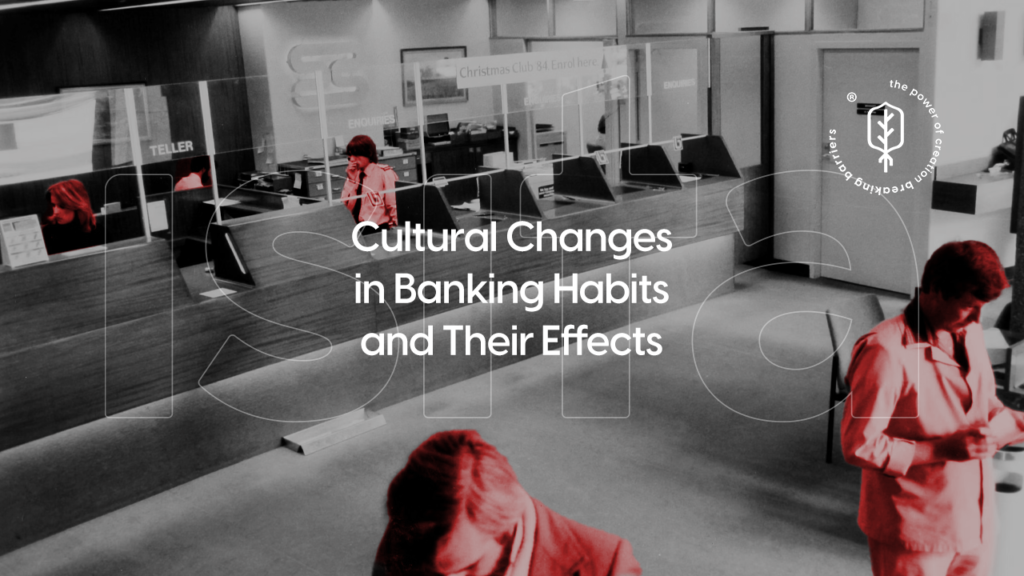Digitalization has become the driving force behind business evolution on a global scale. In an increasingly interconnected and competitive world, companies face the constant challenge of adapting to technological changes and market demands. In this context, custom software development has emerged as a strategic tool for organizations seeking personalized, flexible solutions tailored to their specific needs.
This trend has gained particular relevance in the bilateral relationship between Mexico and the United States, two economies that have strengthened their technological ties and found cross-border collaboration as a way to enhance their digital ecosystems. Raquel Buenrostro, Mexico’s Secretary of Economy, has repeatedly emphasized the value of this cooperation as a key element for boosting the digital economy and positioning Mexico as a strategic partner in the North American technology market.
According to IDC, the software market in Mexico grew by 12.5% in 2023, with custom software development being one of the primary drivers of this growth. This reflects companies’ growing need for systems that precisely align with their internal processes, ensuring efficiency, productivity, and competitive advantages.
What is Custom Software Development?
Custom software development refers to the creation of technology solutions specifically designed to meet a company’s or project’s unique requirements. Unlike off-the-shelf software, which offers generic functionalities, custom software is built from scratch or adapted to fit an organization’s specific needs.
These solutions can range from enterprise resource planning (ERP) platforms, mobile applications, inventory control systems, to industry-specific solutions for finance, manufacturing, healthcare, retail, and logistics.
Why is Custom Software Development Essential in the Digital Age?
1. Adaptability and Scalability
Companies investing in custom software ensure their systems grow alongside their business. These platforms can be modified and expanded over time, allowing technological operations to evolve with market demands and business objectives.
2. Process Optimization
Custom software enables integration across departments, automation of repetitive tasks, and optimization of workflows. This not only enhances operational efficiency but also reduces costs and minimizes human errors.
3. Competitive Advantage
In industries where innovation is a key differentiator, having customized solutions allows companies to quickly respond to market and customer demands. Standard platforms limit differentiation, while custom software enables the development of unique features that enhance business offerings.
4. Security and Control
Developing in-house software gives companies greater control over system security and data protection. In industries like finance, where confidentiality is crucial, this technological autonomy is especially valuable.
Growth of the Software Sector in Mexico
Mexico’s software market has experienced significant growth in recent years, positioning the country as a leader in software development and technology exports. According to IDC, the sector grew 12.5% in 2023, driven by:
- The adoption of emerging technologies such as artificial intelligence, big data, and cybersecurity.
- The need for digital transformation in traditional industries such as manufacturing, commerce, and logistics.
- Increased foreign investments through nearshoring, leveraging Mexico’s geographical proximity and competitive talent costs.
The Mexico-U.S. Relationship in the Digital Ecosystem
The bilateral relationship between Mexico and the U.S. has evolved into a technological partnership that extends beyond traditional trade agreements. This collaboration has been strengthened by factors such as:
Nearshoring and Technological Development
U.S. companies are shifting their software development and IT operations to Mexico, benefiting from geographical proximity, time zone compatibility, and high-quality local talent. Cities like Guadalajara, Monterrey, and Mexico City have become technology hubs, attracting investment and fostering innovation.
STEM Talent Development
Mexico has significantly increased its training of engineers and technology specialists. According to the World Bank, over 40% of Mexican university graduates come from STEM fields (science, technology, engineering, and mathematics), positioning the country as a stronghold of young, highly skilled talent ready for digital transformation challenges.
Statements from Raquel Buenrostro
Mexico’s Secretary of Economy has emphasized the need to strengthen the digital economy as a strategic priority. She believes that collaborating with the U.S. in software development and technology services will not only boost economic integration but also position Mexico as a regional leader in innovation.
Challenges in Custom Software Development
Despite its many benefits, custom software development presents challenges that companies must consider:
1. High Initial Costs
The initial investment is typically higher compared to purchasing off-the-shelf software. However, this cost is justified by the long-term return on investment, resulting from process optimization and error reduction.
2. Implementation Time
Custom software projects require time for design, development, testing, and implementation. Companies must plan carefully and establish realistic timelines to avoid operational delays.
3. Talent Management
Having a skilled development team is essential to ensure software quality and performance. Behavioral assessment tools, such as PDA Assessment, can help organizations identify the right talent, ensuring they possess both technical skills and soft skills necessary for success in IT teams.
Success Stories: Companies That Adopted Custom Software
Companies across various industries in Mexico and the U.S. have achieved significant improvements through custom software implementation:
- Retail: Supermarket chains optimized logistics and demand forecasting with proprietary inventory management systems.
- Finance: Banking institutions developed secure online transaction platforms for account management.
- Manufacturing: Companies digitalized production processes, integrating quality control, maintenance, and supply chain management.
Behavioral Management as an Ally in Tech Projects
The success of software development projects depends not only on technology but also on human factors. Identifying the right behavioral profiles is crucial for building cohesive teams that can adapt to changes and solve problems efficiently.
PDA Assessment, a behavioral analysis technology by Grou, enables companies to evaluate candidates’ soft skills and work tendencies, ensuring that selected talent aligns with organizational culture and project goals.
In the digital era, custom software development has become an essential tool for companies looking to adapt to market changes and strengthen their competitiveness.
The Mexico-U.S. relationship, fueled by nearshoring and STEM talent development, positions both countries as key players in the regional technology ecosystem.
However, the success of custom software projects requires more than just technology—it demands the right professionals. Behavioral assessment solutions, like PDA Assessment by Grou, serve as strategic allies, helping companies make data-driven talent decisions that enhance their technology initiatives and long-term business growth.



